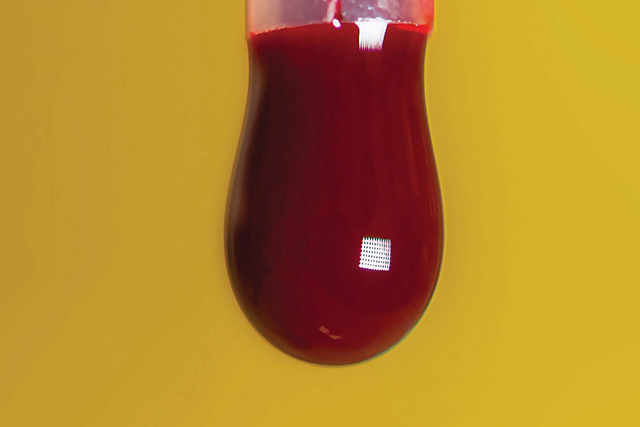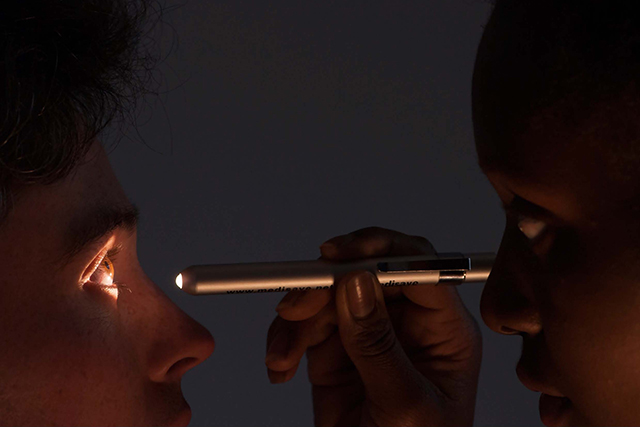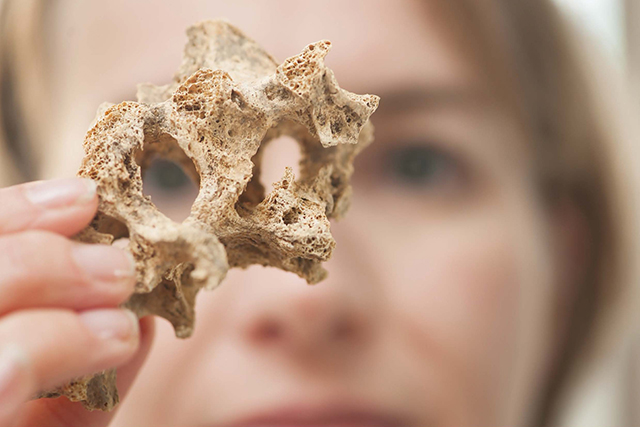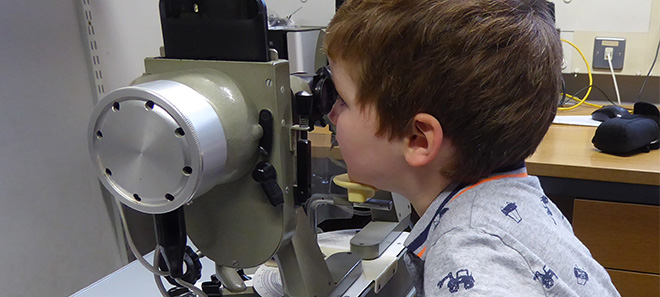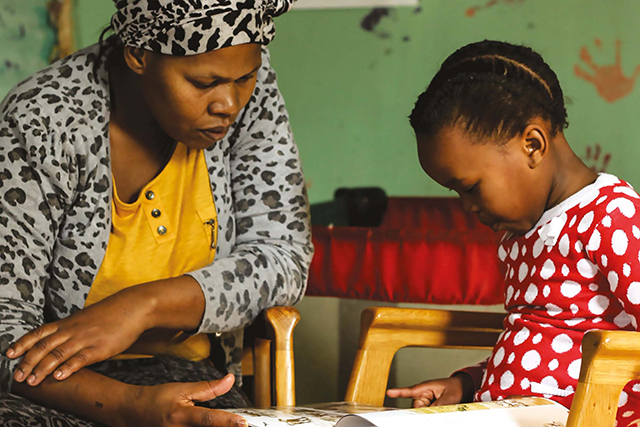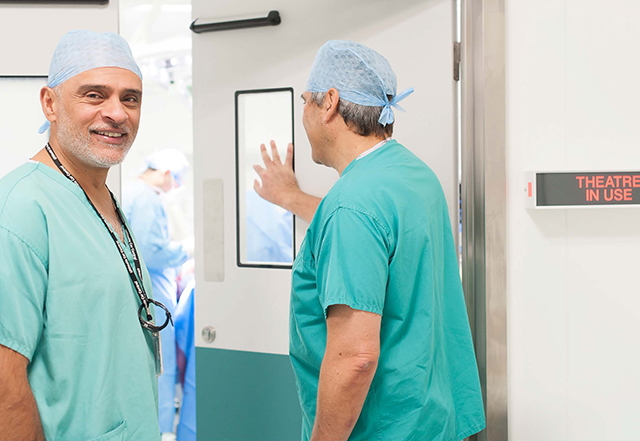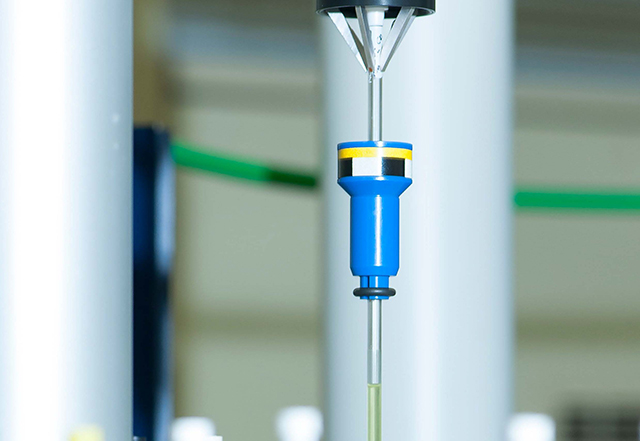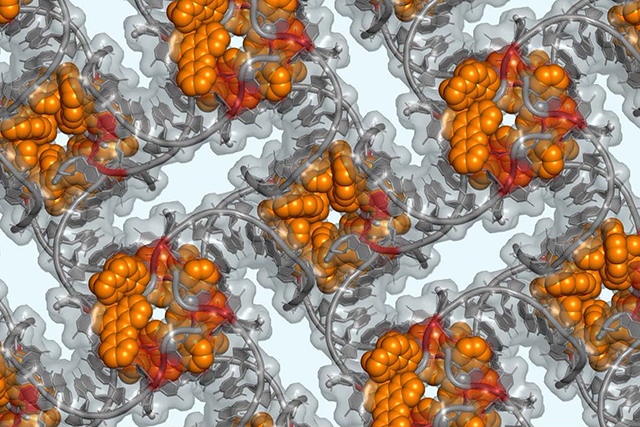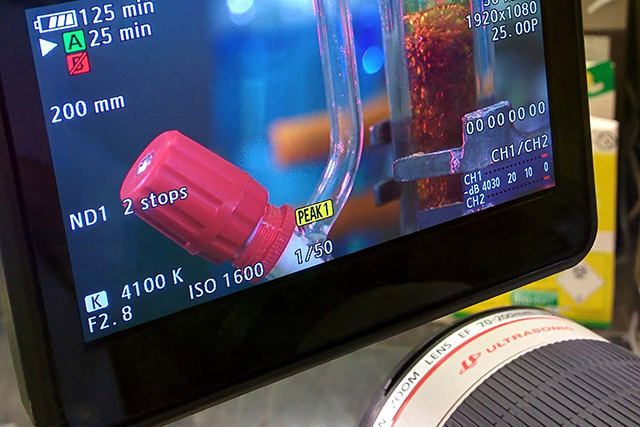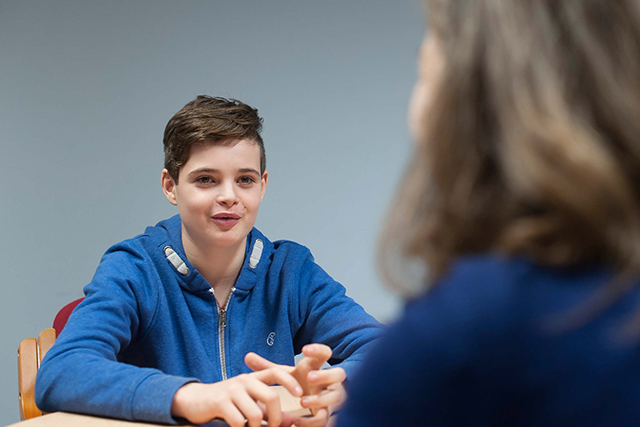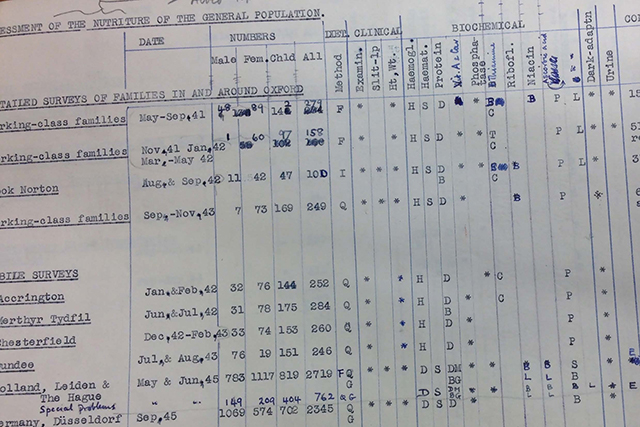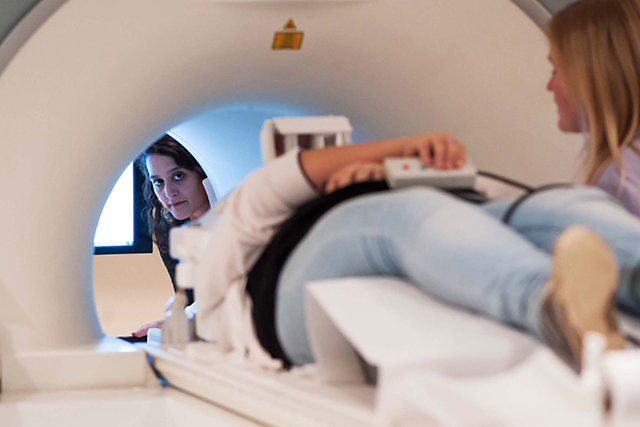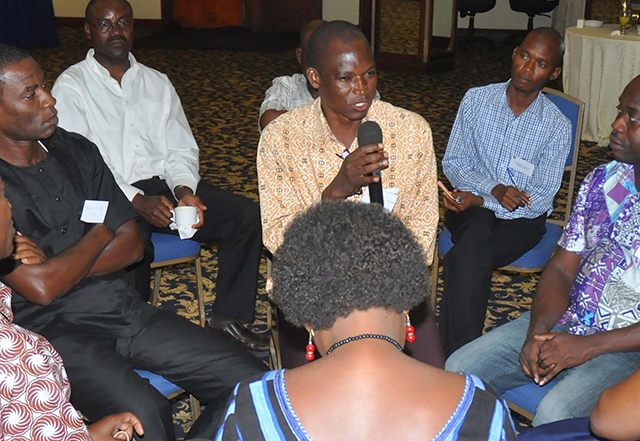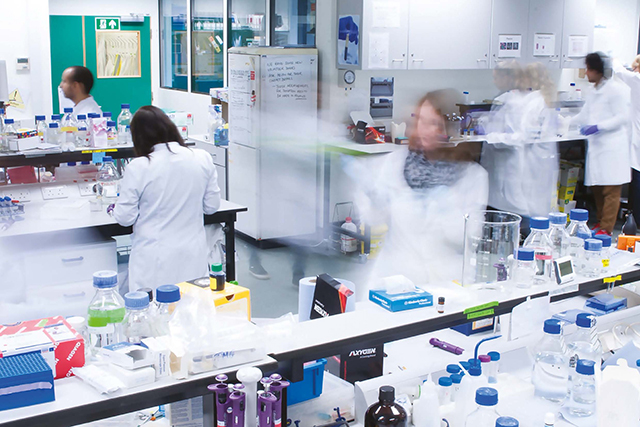
The Sum of All Knowledge
Busy scientists work on their individual research projects within a lab, moving between pieces of equipment, and in and out of each other’s spaces. There are lots of different things going on, and people working at all levels; from research assistant to doctoral student, and postdoctoral researcher to research fellow. Everyone is working on their own individual projects, discovering new things in the highly-focussed areas they specialise in, as well as collaborating together and sharing the knowledge gained by publishing their findings.
The sum of their research is making a fundamental difference to global health.


